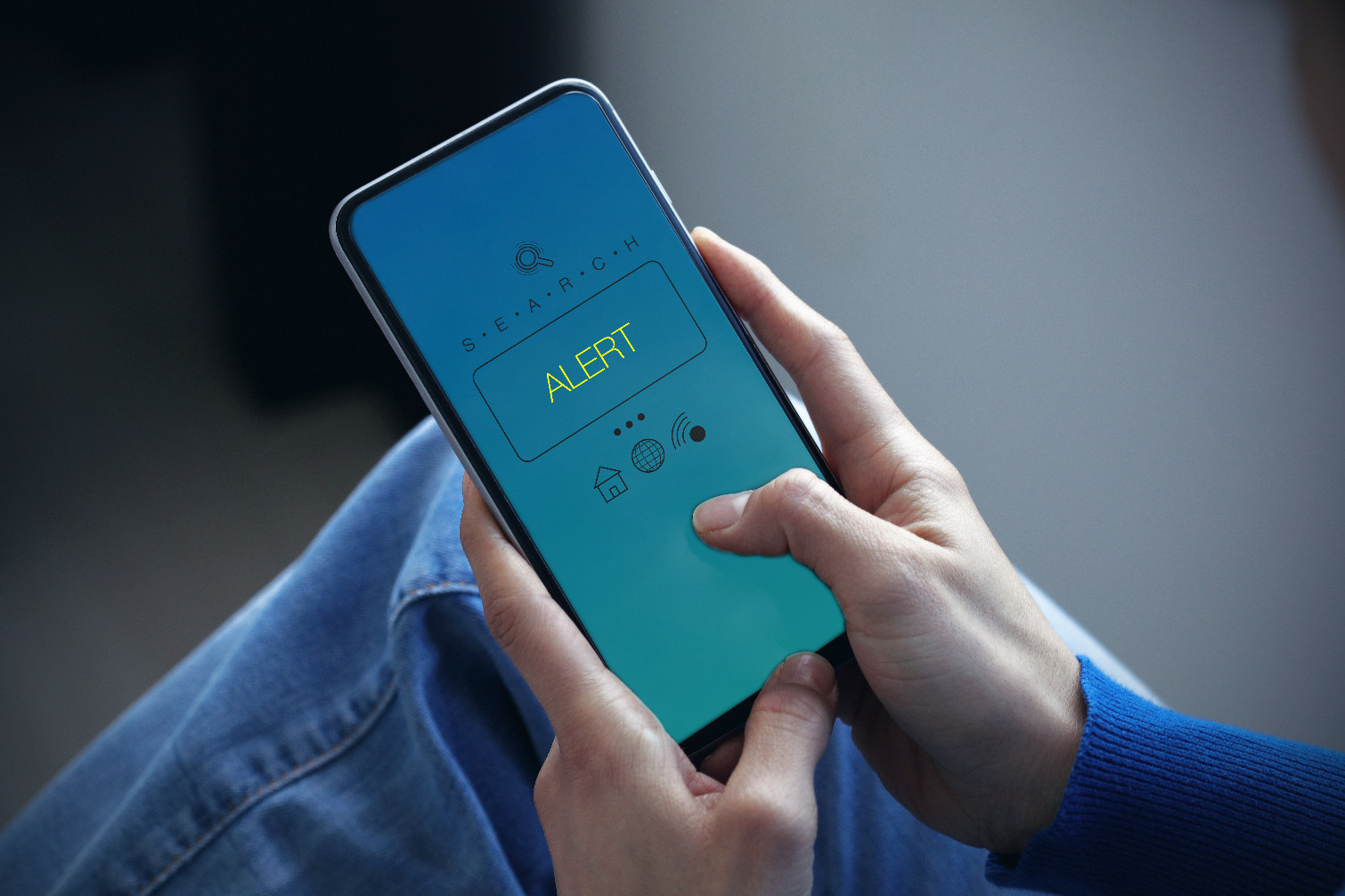Microsoft: Companies Must Do More to Save Us from Cyberwar
Microsoft's Brad Smith wants tech companies to stay neutral in cyberwar, and to create a digital Geneva Convention to protect civilians.
Here at Tom’s Guide our expert editors are committed to bringing you the best news, reviews and guides to help you stay informed and ahead of the curve!
You are now subscribed
Your newsletter sign-up was successful
Want to add more newsletters?

Daily (Mon-Sun)
Tom's Guide Daily
Sign up to get the latest updates on all of your favorite content! From cutting-edge tech news and the hottest streaming buzz to unbeatable deals on the best products and in-depth reviews, we’ve got you covered.

Weekly on Thursday
Tom's AI Guide
Be AI savvy with your weekly newsletter summing up all the biggest AI news you need to know. Plus, analysis from our AI editor and tips on how to use the latest AI tools!

Weekly on Friday
Tom's iGuide
Unlock the vast world of Apple news straight to your inbox. With coverage on everything from exciting product launches to essential software updates, this is your go-to source for the latest updates on all the best Apple content.

Weekly on Monday
Tom's Streaming Guide
Our weekly newsletter is expertly crafted to immerse you in the world of streaming. Stay updated on the latest releases and our top recommendations across your favorite streaming platforms.
Join the club
Get full access to premium articles, exclusive features and a growing list of member rewards.
SAN FRANCISCO — Microsoft President and Chief Legal Officer Brad Smith has a radical proposal: he wants the technology industry to resist aiding national governments in cyberattacks, instead creating a digital Geneva Convention to protect civilians from harm.

"For more than two-thirds of a century, nations have pledged to protect civilians in times of war. But cyberattacks are all about attacks on private citizens," Smith said at the RSA Conference here yesterday (Feb. 14). "Now is time for us to call on governments to protect civilians on the internet in times of peace."
He also urged the technology industry to form an equivalent to the International Atomic Energy Industry "to police behavior in cyberspace, to identify attackers when attacks happen."
Otherwise, Smith implied, civilian devices, data and personal information will become collateral damage as national governments steal, sabotage and undermine each other on the internet.
MORE: Best Antivirus Software and Apps
"The Sony Pictures attack was the turning point — it was an attack on a private company for its freedom of expression," Smith said.
The North Korean attack on Sony Pictures Entertainment in November 2014 — apparently motivated by the Seth Rogen/James Franco movie The Interview that satirized North Korean dictator Kim Jong Un — cost Sony Pictures millions of dollars in damages. It also resulted in the release of personal information about tens of thousands of Sony employees, former employees and contractors, and cost Sony Pictures' co-president Amy Pascal her job.
Get instant access to breaking news, the hottest reviews, great deals and helpful tips.
"Cyberspace is the new battlefield," Smith said. "And cyberspace is us. It's owned and operated by the private sector. It's private property, whether it's submarine cables or smartphones. We are not only the plain of battle, but we are the first responders."
And yet, Smith insisted, the power and agility of the technology industry gives it an opportunity to limit cyberattacks and cyberwar conducted by nation-states, especially in the way such attacks affect civilians.
Furthermore, he said, the tech industry should declare neutrality: It should stay out of digital conflicts, even if countries where tech companies are based are attacking each other.
"In 1949, the world sat down and created the Fourth Geneva Convention, spurred on by the International Committee of the Red Cross," Smith said. "Even in an age of rising nationalism, we as the global tech sector need to become a trusted and neutral digital Switzerland."
"We need to make clear that there are certain principles for which we stand," Smith said. "We need to be clear that we will not aid in attacking customers anywhere, no matter the government that may ask us to do so."
Such initiatives may seem impossible in the wake of the Russian attacks on the 2016 U.S. presidential election. But Smith pointed to the 2015 agreement between then-President Barack Obama and Chinese President Xi Jinping to halt digital industrial espionage between the two countries as an example of what digital diplomacy can achieve.
"If Nixon can go to China," Smith said, "the new president can sit down with Russia to reach an agreement about cyberspace."

Paul Wagenseil is a senior editor at Tom's Guide focused on security and privacy. He has also been a dishwasher, fry cook, long-haul driver, code monkey and video editor. He's been rooting around in the information-security space for more than 15 years at FoxNews.com, SecurityNewsDaily, TechNewsDaily and Tom's Guide, has presented talks at the ShmooCon, DerbyCon and BSides Las Vegas hacker conferences, shown up in random TV news spots and even moderated a panel discussion at the CEDIA home-technology conference. You can follow his rants on Twitter at @snd_wagenseil.
 Club Benefits
Club Benefits










